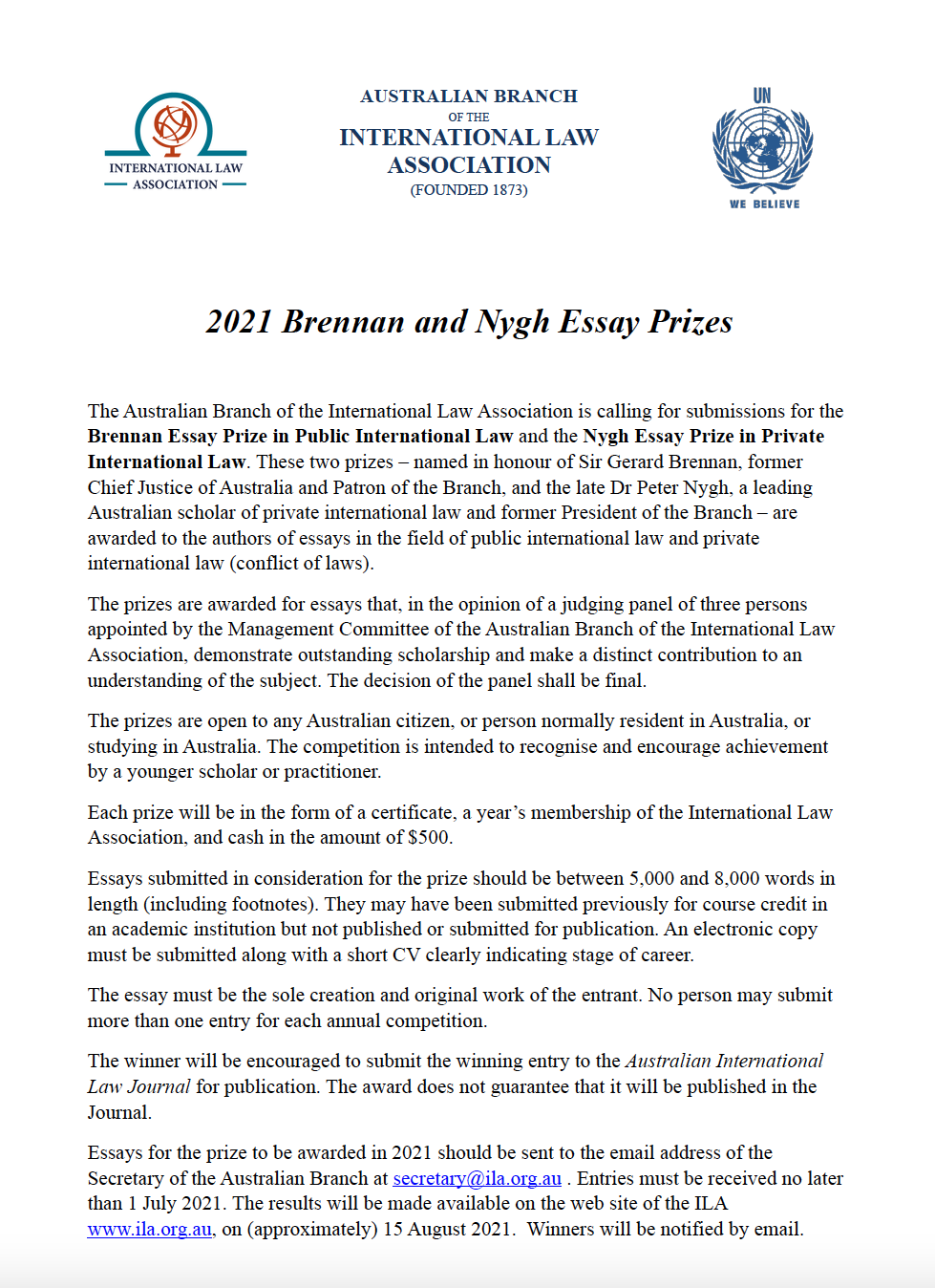For the Australian National University’s Centre for International and Public Law (CIPL) Seminar in April, key members of Australia’s delegation to the United Nations (UN) Open-ended Working Group on developments in the field of information and telecommunications in the context of international security (OEWG) discussed latest developments in cyber and international law at the UN.
The third and final substantive OEWG session was held in March. Importantly, on 12 March 2021, 193 States adopted a consensus report containing recommendations to address cyber threats and ‘promote an open, secure, stable, accessible and peaceful’ international cyber environment (OEWG, Final Substantive Report UN Doc A/AC.290/2021/CRP.2, para 7 (‘OEWG Final Report’). The OEWG Final Report has now been endorsed by consensus by the UN General Assembly (UNGA). As part of that effort to improve peace and security in the cyber environment, the OEWG Final Report includes recommendations concerning the development of how international law applies in cyberspace, that States continue to:
- Inform the UN Secretary-General, and through other appropriate avenues, of their national views and practices on how international law applies to states’ conduct in cyberspace (Recommendation 38),
- Support, in a neutral and objective manner, capacity-building of other States in developing their national views and practices, to contribute to building common understandings of and consensus on how international law applies in cyberspace (Recommendation 39), and
- Participate in future UN processes on international law and cyber as a key step to clarify and further develop common understandings on the issue (Recommendation 40).
At the talk on 27 April 2021, participants were able to learn first-hand from key Australian representatives in the OEWG process what has been Australia’s role in the recognition and elaboration of the application of international law to cyberspace so far, and Australia’s perspective on the implications of the OEWG Final Report going forward. The Panel consisted of:
- Johanna Weaver, Special Adviser to Australia’s Cyber Ambassador and Head of Delegation on UN Cyber Processes,
- Harry Aitken, Assistant Director, International Law Branch, Department of Foreign Affairs and Trade (DFAT),
- Tess Kluckow, Senior Legal Officer, Office of International Law, Attorney-General’s Department (AGD), and
- Wing Commander Craig Deveney, Deputy Director, Operations and International Law Military Branch (Defence Legal).


